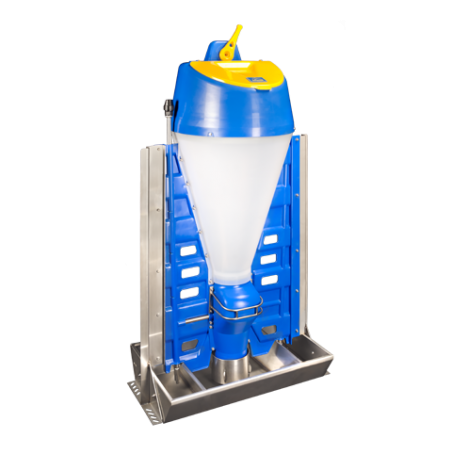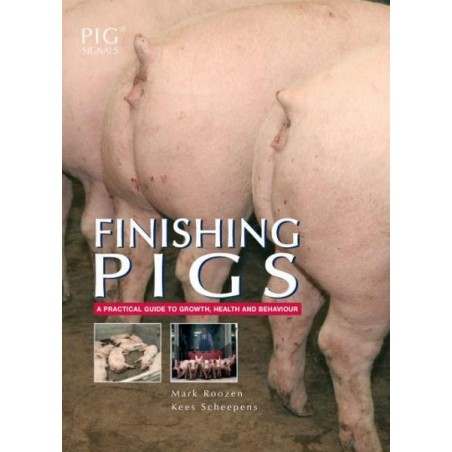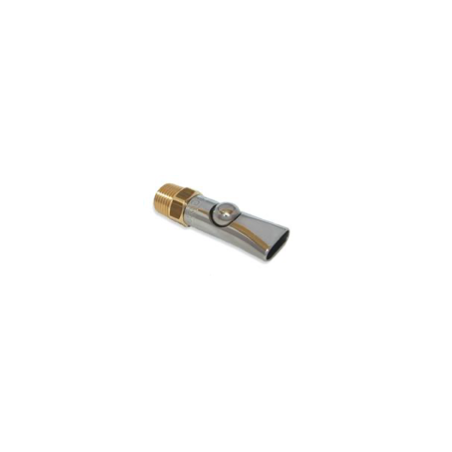Fermented mixed feed (FMF) is a product of microbial fermentation, which degrades antinutritional factors in the feed and produces probiotics. The FMF has been able to improve the nutritional quality of feed and the growth performance of piglets and sows. This study was conducted to evaluate the effects of feeding FMF on the growth performance, meat quality, muscle fatty acids profile, and antioxidant ability in finishing pigs. In experiment 1, six hundred pigs (Duroc × Landrace × Large White) were randomly distributed into 3 treatments with 4 replicates (50 pigs/replicate). Dietary treatments included a control (basal diet), a basal diet + 5% FMF (5% FMF), and a basal diet + 10% FMF (10% FMF). After 39 days of the experiment, growth performance was evaluated. In experiment 2, a total of four hundred finishing pigs were randomly allocated into 4 dietary treatments with 4 replicates (25 pigs/replicate). Dietary treatments were a control (basal diet), a basal diet + 2% FMF (2% FMF), a basal diet + 4% FMF (4% FMF), and a basal diet + 8% FMF (8% FMF). The duration of the experiment was 35 days. At the end of the experiment, 48 pigs from 4 dietary treatments were slaughtered for the determination of carcass and meat quality parameters.
In experiment 1, compared with the control diet, dietary supplementation with 10% FMF increased the gain/feed ratio, whereas there was no difference in the 5% FMF group. In experiment 2, the final body weight, average daily gain, and gain/feed ratio were higher in the 8% FMF group. Feeding 8% FMF increased loin muscle area, a* value, marbling score, intramuscular fat, and inosine-5′-monophosphate and decreased the drip loss of the longissimus muscle. Regarding muscle fatty acids profile and antioxidant ability, it was found that the percentages of C18:1ω-9c, C18:2ω-6c, C18:3ω-3, and C20:4ω-6c in the longissimus muscle were increased in pigs fed the 8% FMF diet. Furthermore, greater SOD and GSH-Px activities were observed in serum and the longissimus muscle of pigs in the 8% FMF group in comparison with the control.

The present study suggested that dietary FMF supplementation improved the growth performance in finishing pigs. Moreover, pigs fed FMF diets improved carcass performance, meat quality parameters, unsaturated fatty acids proportions, and antioxidant ability compared to those fed diets not supplemented with FMF.
Hao L, Su W, Zhang Y, Wang C, Xu B, Jiang Z, Wang F, Wang Y, Lu Z. Effects of supplementing with fermented mixed feed on the performance and meat quality in finishing pigs. Animal Feed Science and Technology. 2020; 266: 114501. https://doi.org/10.1016/j.anifeedsci.2020.114501















